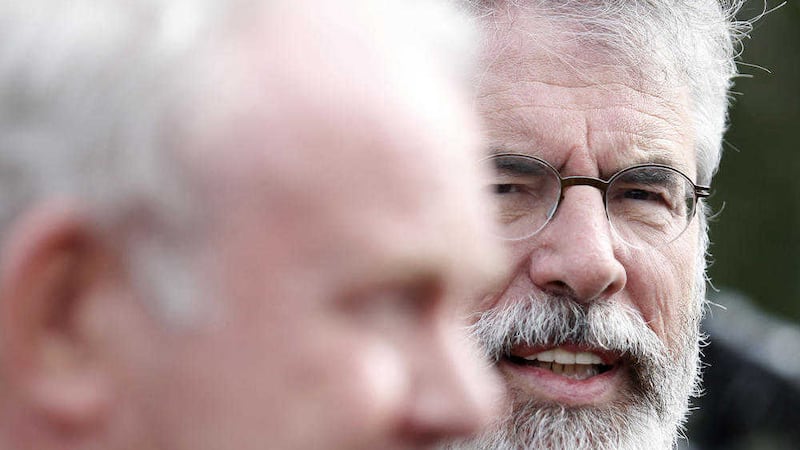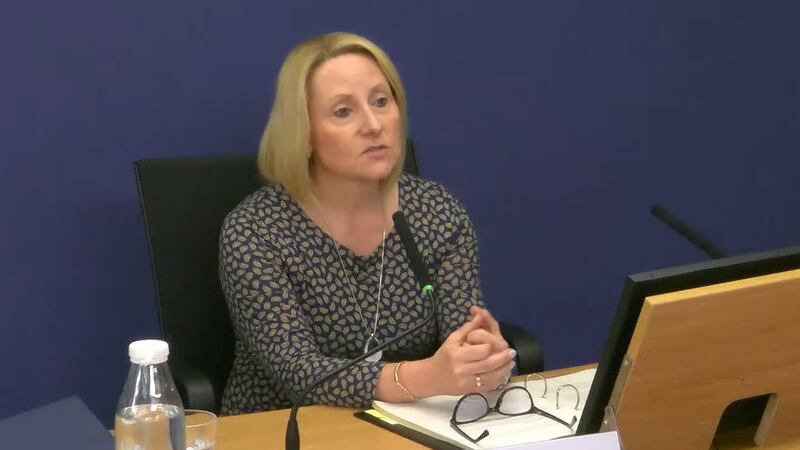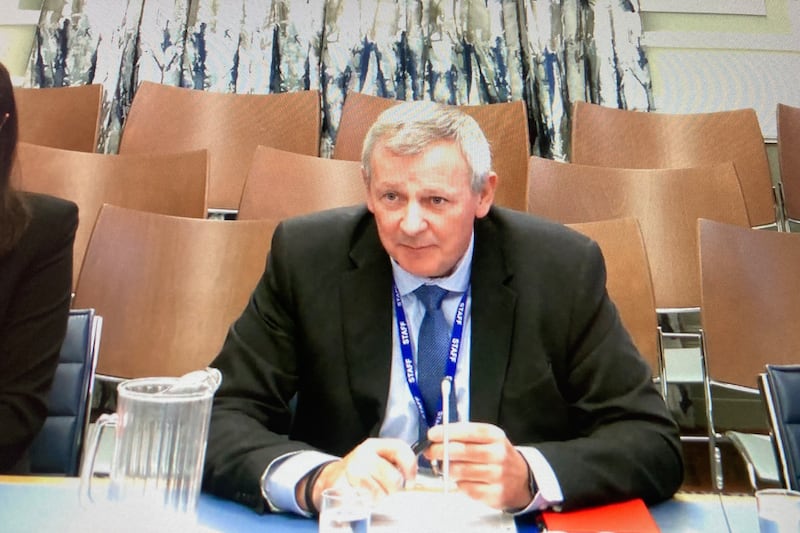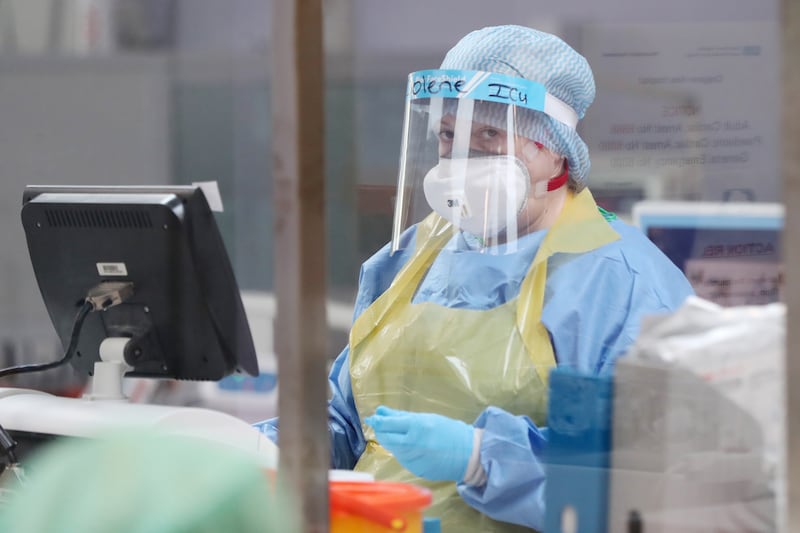TALKS at Stormont today will focus on finance and welfare issues with the secretary of state insistent that implementing those aspects of the Stormont House Agreement are "essential if the Executive is to have a working and sustainable budget".
Theresa Villiers said political parties would build on yesterday's "series of focused and productive discussions".
"All parties committed themselves to an intensive process aimed at dealing with the impact and legacy of continued paramilitary activity and securing the full implementation of the Stormont House Agreement," she added.
The fresh round of talks got underway at Stormont House yesterday with Sinn Féin Deputy First Minister Martin McGuinness challenging those linking Sinn Féin to criminality to "put up or shut up".
Emerging from the opening round-table session of the negotiations, the deputy first minister delivered a broadside in which he name-checked the Ulster Unionists and SDLP, saying he would not be accused by those "trying to besmirch the name of my party".
"Some parties within these negotiations are attempting to give the impression that there's linkage between a party in government – what they mean by that is Sinn Féin – and criminality," he said.
"During the course of this morning's engagement I took those people to task. I told them if anybody has any information whatsoever about any party in government being involved in criminality that they should put it up on the table and, more importantly, they should put it to the PSNI."
Yesterday's talks were convened after unionists received assurances from Secretary of State Theresa Villiers last week about an independent assessment of paramilitary activity and criminality.
A collapse of the negotiations notwithstanding, the negotiations are expected to last until at least mid-October.
In addition to concerns about continued paramilitarism, the five parties and two governments will also seek to resolve the welfare impasse, which has led to the shelving of all elements of the pre-Christmas Stormont House Agreement.
DUP leader Peter Robinson, who was admitted to hospital on Saturday after suffering an adverse reaction to medication, said there was a need for a full examination of MI5, National Crime Agency and PSNI material on the status of the IRA.
"It's necessary for us to have that because part of the issues that we will be dealing with, in terms of paramilitaries, relates to links with political parties," he said.
"One of our six demands, and it will be no surprise, will be for a permanent structure to carry out that kind of review and, like the IMC (International Monitoring Commission), it should have sanctions applied to anybody who breaches it."
Ulster Unionist leader Mike Nesbitt said the talks offered the opportunity to demonstrate a collective political will to rid Ireland of paramilitary-associated organised criminality.
He warned that history must not repeat itself and cited the Royal Commission which investigated the causes of the 1916 Easter Rising and concluded that the authorities had turned a blind eye to violence.
"I know Sinn Féin did not like me reminding them of the commission finding but it has a relevance today that cannot be ignored," he said.
"We must seize the chance to re-imagine our society as one in which there is no room for paramilitary structures, or for the organised crime that blights communities, damages the economy and sullies our international standing."
SDLP leader Alasdair McDonnell said dealing with the past was a priority for his party.
"The past must be dealt with and victims and survivors must be dealt with honestly and honourably," he said.
Alliance leader David Ford said a deal had to be made.
"We need to end the culture of insidious paramilitarism and to reform the institutions so that we don't keep having a crisis year after year," he said.
The Republic's minister for Foreign Affairs Charlie Flanagan also said he believed there was a "unity of purpose" at the table.
"There is consensus that paramilitarism and associated organised crime must be tackled in a more systematic way," he said.
"We will now be working together to put shape on that consensus."








